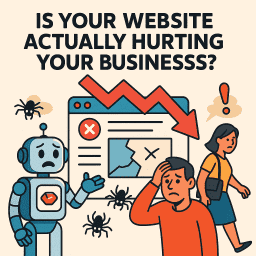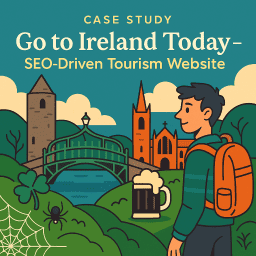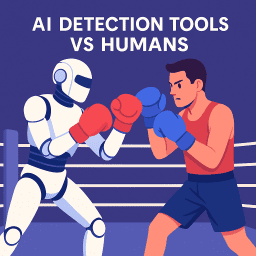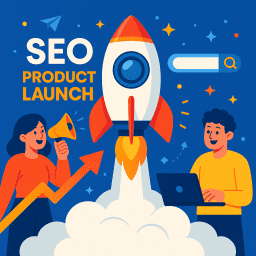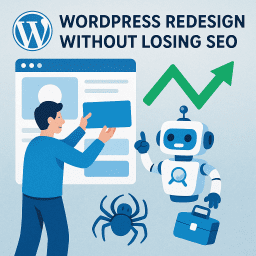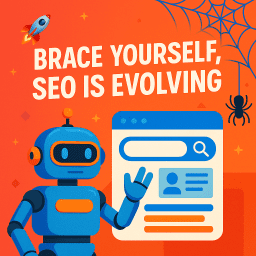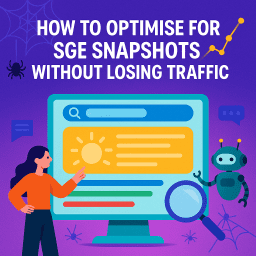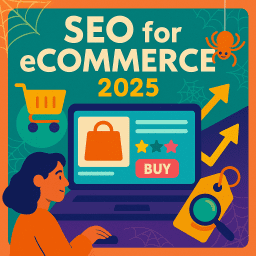Entity SEO in 2025: Build Authority Without the Jargon
Boost relevance and trust by becoming a known entity
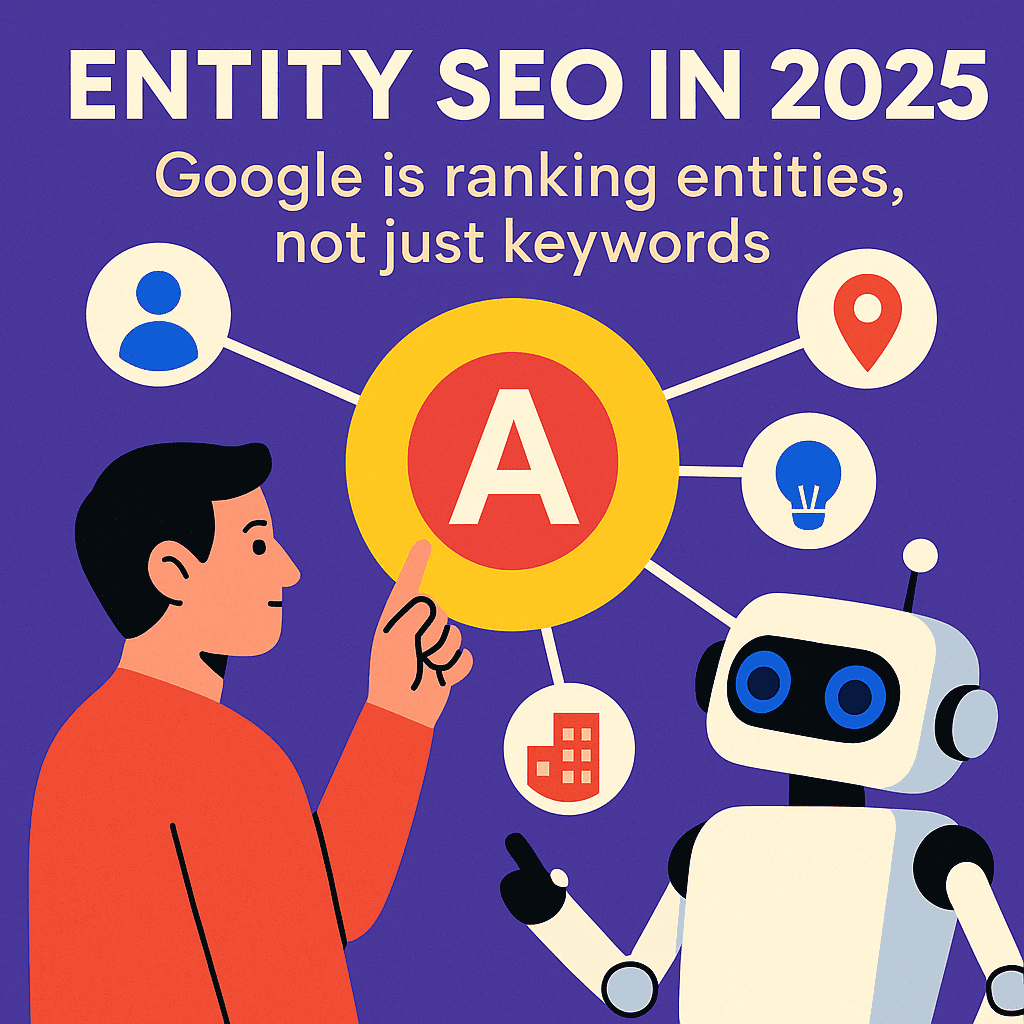
⚡ Google Ranks Entities — Here’s How to Become One
🧠 In 2025, Google isn’t just ranking keywords—it’s ranking entities. If your brand, business, or website isn’t seen as a trusted entity in your niche, you’ll struggle to earn top rankings, no matter how many keywords you optimise for.
But what is an entity? And how can you build one without drowning in technical jargon?
This guide breaks down Entity SEO in plain English—no PhDs or patents required.
📌 What Is an Entity in SEO?
An entity is a thing that exists independently and can be clearly identified by search engines. Think:
- People (e.g. David Attenborough)
- Organisations (e.g. Pixelghetto Marketing)
- Locations (e.g. Warsaw)
- Concepts (e.g. E-E-A-T, SEO)
- Products (e.g. iPhone 15)
Google uses entities to understand relationships and context—not just match keywords. That’s why a well-known brand can rank for vague searches like “best tools for creatives” even without exact-match terms on the page.
🤖 Why Entity SEO Matters in 2025
Google’s algorithms (especially those powered by machine learning and MUM) now prioritise:
- Topical authority
- Clear subject relevance
- Trusted sources with real-world connections
That means if your site is recognised as an “entity” in your field, you’re more likely to:
- Rank for broader and more competitive terms
- Show up in Knowledge Panels or “People Also Ask”
- Earn trust signals even without heavy link-building
🏗️ How to Build Your Brand as an Entity
1. Use Consistent Brand Signals
Start with the basics:
- Use the same business name, logo, and description across your site, socials, and directories
- Create a strong About page that links to your founders or leadership (and their bios elsewhere)
- Use organisation schema on your homepage
Google connects the dots. You need to draw them.
2. Create a Knowledge Graph-Friendly Profile
Google’s Knowledge Graph is its internal brain of known entities. You can increase your chance of being added by:
- Claiming your Google Business Profile
- Getting a Wikipedia or Wikidata entry (if not possible, consider Crunchbase or other databases)
- Linking out to trusted sources—especially when referencing known topics
- Getting mentioned on high-authority sites (even without a link)
Mentions count as entity signals—even when they’re not backlinks.
3. Implement Entity-Based Schema Markup
Schema.org helps Google understand what your content is about. Focus on:
OrganizationorLocalBusinesson your homepagePersonschema for your founders or authorsArticleschema for blog contentSameAslinks to your social profiles
This “tells” Google that your business is a defined, connected part of the web.
🔗 Use Internal Linking to Support Your Entity
Entities are not just about external recognition—they’re about internal consistency too. Use internal links to:
- Connect service pages to relevant blog content
- Build topic clusters around your main subjects
- Use consistent anchor text that reflects your brand and expertise
Google sees these connections as signals of authority and clarity.
📚 Build Topical Authority Around Your Entity
Don’t just write one post about a topic. Build depth. For example:
- If you’re a SaaS SEO agency, publish posts on SaaS keyword research, pricing page SEO, product-led growth, and more.
- Create hub pages that connect related posts and define the topic clearly.
This helps Google recognise your brand as an expert in that niche—aka a topical entity.
📢 Get Cited in the Right Places
Citations (linked or unlinked) from high-authority, trusted websites in your niche help confirm that you’re an entity worth knowing. Target:
- Industry blogs and news sites
- Conference speaker bios
- Partner websites
- Review sites and expert roundups
Being talked about is as important as being linked to.
🧠 What the Experts Are Saying
“Entity SEO is the future. Google wants to rank answers from people and brands it understands—and trusts.” — Jason Barnard
“Stop optimising only for keywords. Start optimising for identity, authority, and connection.” — Lily Ray
“Entities connect everything—content, links, mentions, and meaning.” — Dawn Anderson
📝 Recap and Clarify: Post-Specific FAQs
What’s the difference between keyword SEO and entity SEO?
Keyword SEO targets individual search terms. Entity SEO focuses on building trust, relevance, and identity around topics and brands that Google can understand contextually.
Do I need backlinks for entity SEO to work?
Backlinks help, but unlinked brand mentions and structured schema data also contribute to entity recognition. It’s about signals, not just links.
How long does it take to build entity authority?
Typically 3–6 months for small brands if you consistently publish relevant content, earn citations, and use schema markup.
💬 Final Thought
“Entity SEO isn’t about tricks—it’s about making Google see you as real, relevant, and worth ranking.” — David Roche



